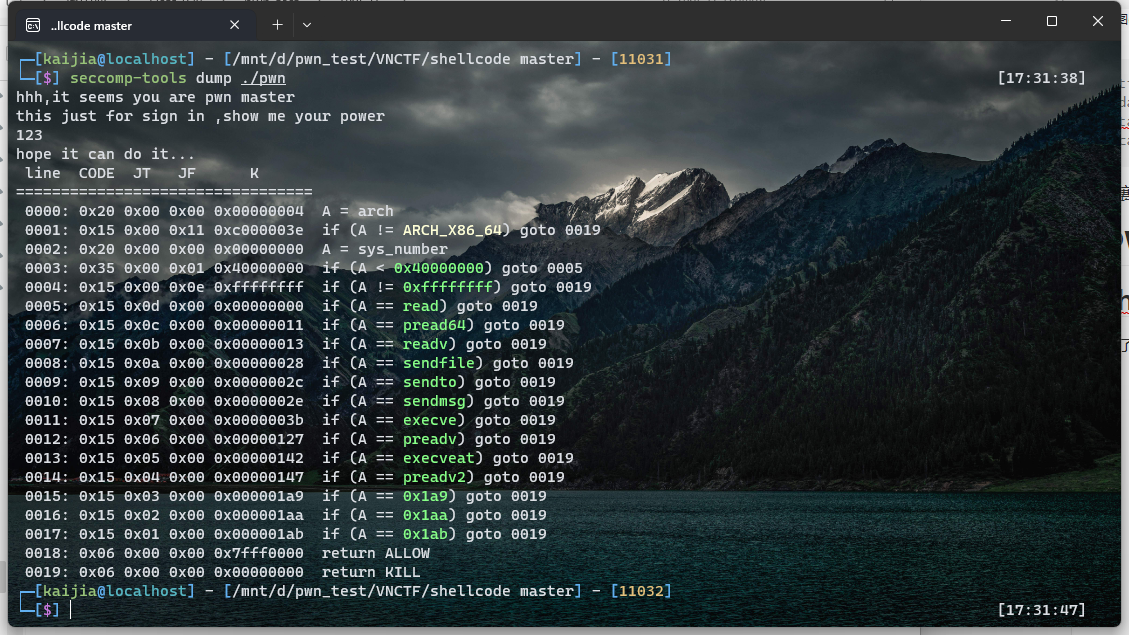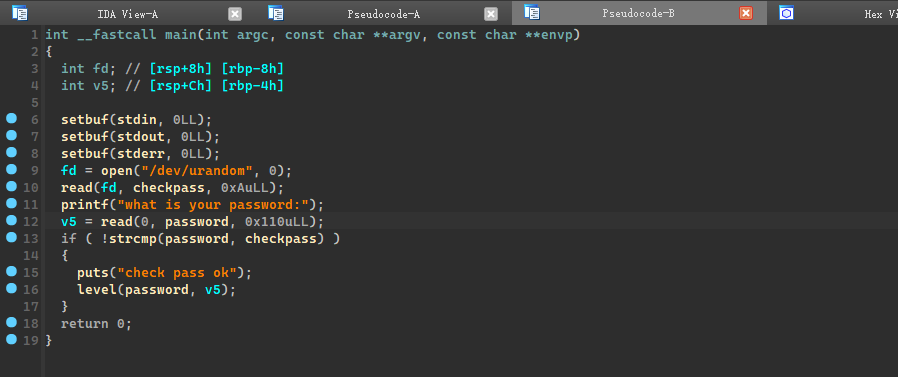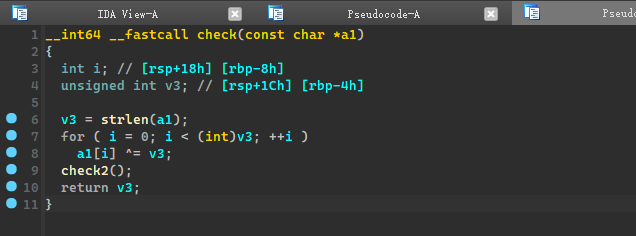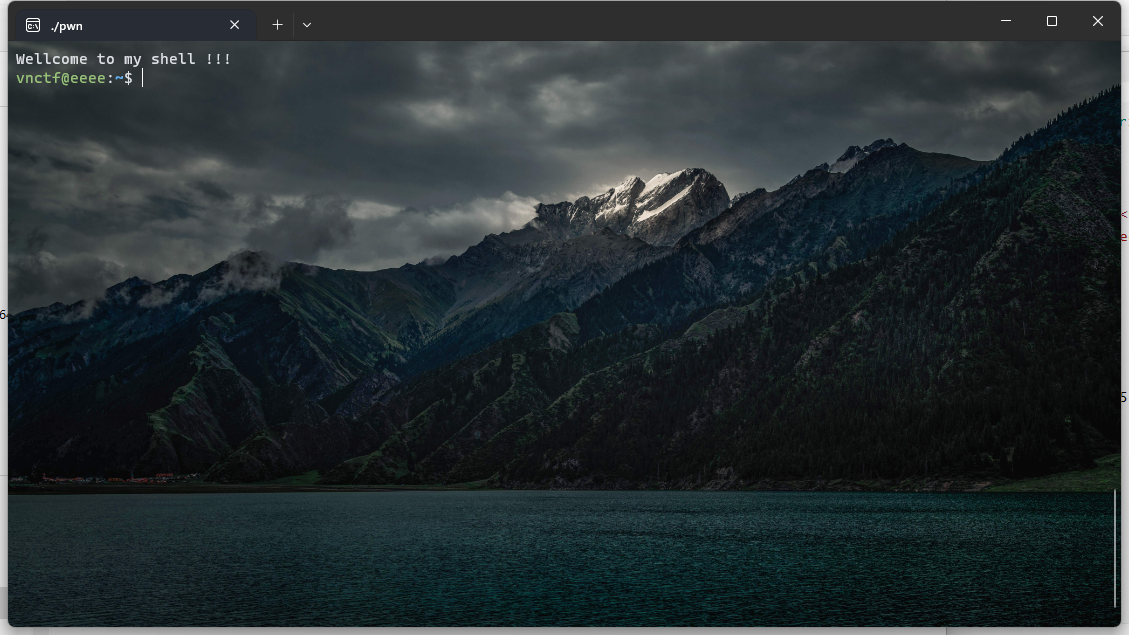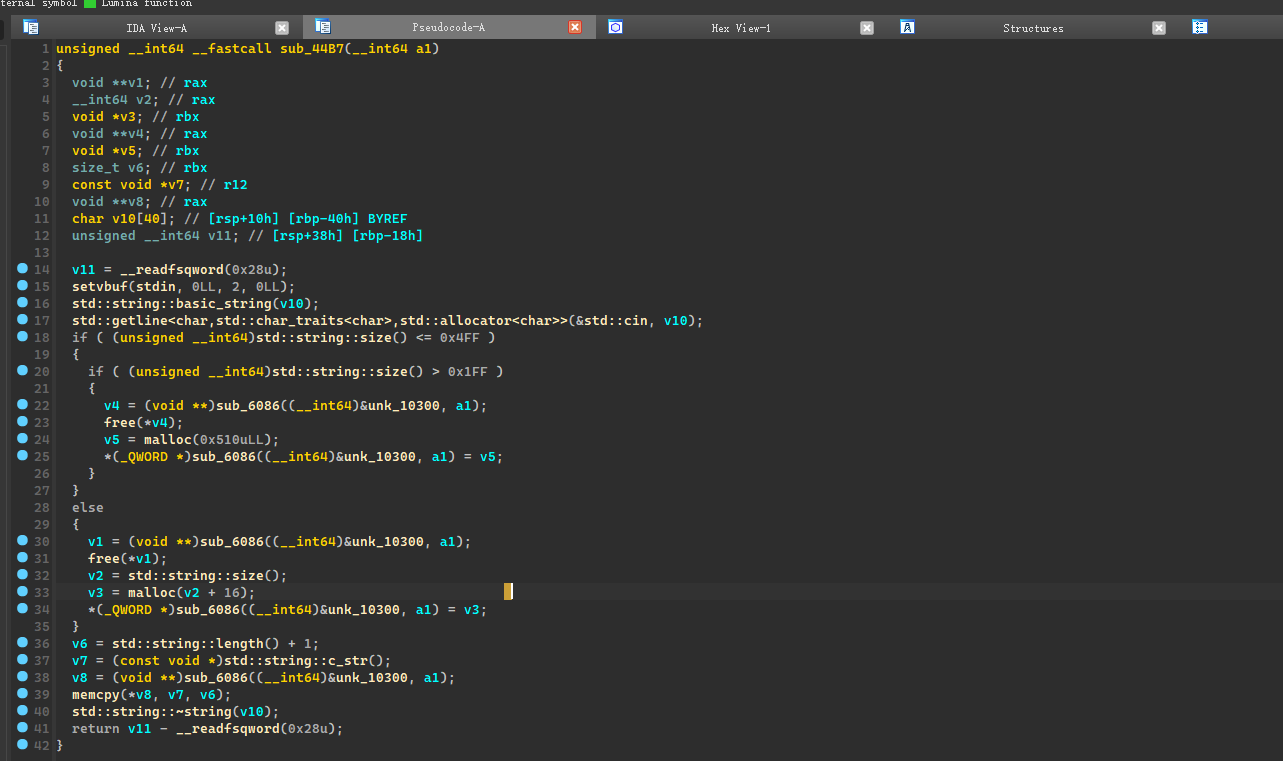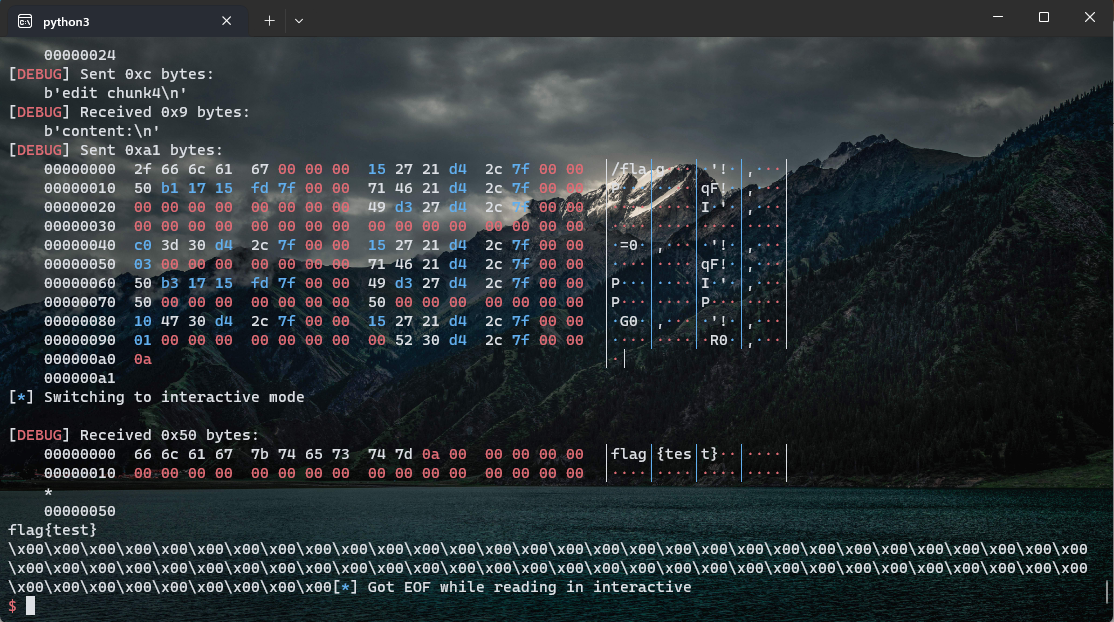1
2
3
4
5
6
7
8
9
10
11
12
13
14
15
16
17
18
19
20
21
22
23
24
25
26
27
28
29
30
31
32
33
34
35
36
37
38
39
40
41
42
43
44
45
46
47
48
49
50
51
52
53
54
55
56
57
58
59
60
61
62
63
64
65
66
67
68
69
70
71
72
73
74
75
76
77
78
79
80
81
82
83
84
85
86
87
88
89
90
91
92
93
94
95
96
97
98
99
100
101
102
103
104
105
106
107
108
109
110
111
112
113
114
115
116
117
118
119
120
121
122
123
124
125
126
127
128
129
130
131
132
133
134
135
136
137
138
139
140
141
142
143
144
145
146
147
148
149
150
151
152
153
154
155
156
157
158
159
160
161
162
163
164
165
166
167
168
169
170
171
172
173
174
175
176
177
178
179
180
181
182
183
184
185
186
187
188
189
190
191
192
193
194
195
196
197
198
199
200
201
202
203
204
205
206
207
208
209
210
211
212
213
214
215
216
217
218
219
220
221
222
223
224
225
226
227
228
229
230
231
232
233
234
235
236
237
238
239
240
241
242
243
244
245
246
247
248
249
250
251
252
253
254
255
256
257
258
259
260
261
262
263
264
265
266
267
268
269
270
271
272
273
274
275
276
277
278
279
280
281
282
283
284
285
286
287
288
289
290
291
292
293
294
295
296
297
298
299
300
301
302
303
304
305
306
307
308
309
310
311
312
313
314
315
316
317
318
319
320
321
322
323
324
325
326
| __int64 __fastcall sub_4678(__int64 a1)
{
__int64 v1;
__int64 v3;
__int64 v4;
__int64 v5;
__int64 v6;
__int64 v7;
__int64 v8;
__int64 v9;
__int64 v10;
__int64 v11;
__int64 v13;
__int64 v14;
__int64 v15;
__int64 v16;
__int64 v17;
__int64 v18;
__int64 v19;
size_t v20;
__int64 v21;
const void *v22;
__int64 v23;
void **v24;
__int64 v25;
__int64 v26;
__int64 v27;
__int64 v28;
__int64 v29;
const char **v30;
__int64 v31;
__int64 v32;
__int64 v33;
__int64 v34;
__int64 v35;
__int64 v36;
__int64 v37;
void **v38;
__int64 v39;
__int64 v40;
__int64 v41;
__int64 v42;
__int64 v43;
void *v44;
__int64 v45;
__int64 v46;
__int64 v47;
__int64 v48;
__int64 v49;
__int64 v50;
__int64 v51;
__int64 v52;
__int64 v53;
__int64 v54;
__int64 v55;
int i;
int v57;
int j;
int v59;
int k;
int v61;
int v62;
int m;
int v64;
int n;
int v66;
int ii;
__int64 v68;
__int64 v69;
__int64 v70;
char *s1;
char v72[32];
char v73[40];
unsigned __int64 v74;
v74 = __readfsqword(0x28u);
if ( sub_61A6(a1) == 1 )
{
v1 = sub_61CE(a1, 0LL);
if ( (unsigned __int8)sub_61F2(v1, "ls") )
{
if ( !sub_61A6(&unk_102E0) )
return 1LL;
for ( i = 0; i < (unsigned __int64)sub_61A6(&unk_102E0); ++i )
{
v3 = sub_61CE(&unk_102E0, i);
std::operator+<char>(v72, "\x1B[1;32m", v3);
sub_6351(v73, v72, "\x1B[0m");
v4 = std::operator<<<char>(&std::cout, v73);
std::operator<<<std::char_traits<char>>(v4, (const char *)&asc_B008[2]);
std::string::~string(v73);
std::string::~string(v72);
}
std::ostream::operator<<(&std::cout, &std::endl<char,std::char_traits<char>>);
return 1LL;
}
v5 = sub_61CE(a1, 0LL);
if ( (unsigned __int8)sub_61F2(v5, "env") )
{
sub_3C72();
return 1LL;
}
v6 = sub_61CE(a1, 0LL);
if ( (unsigned __int8)sub_61F2(v6, "clear") )
{
std::operator<<<std::char_traits<char>>(&std::cout, "\x1B[2J\x1B[H");
return 1LL;
}
v7 = sub_61CE(a1, 0LL);
if ( (unsigned __int8)sub_61F2(v7, "exit") )
{
s1 = (char *)malloc(0x210uLL) - 16;
if ( !strcmp(s1, "eeeeeee") )
{
v8 = std::operator<<<std::char_traits<char>>(&std::cout, "\x1B[1;32mGoodbye, my eeee\x1B[0m");
std::ostream::operator<<(v8, &std::endl<char,std::char_traits<char>>);
exit(0);
}
v9 = std::operator<<<std::char_traits<char>>(
&std::cout,
"\x1B[1;31mOh! you are not eeee! You are a hacker!\x1B[0m");
std::ostream::operator<<(v9, &std::endl<char,std::char_traits<char>>);
_exit(0);
}
}
if ( sub_61A6(a1) == 4 )
{
v10 = sub_61CE(a1, 0LL);
if ( (unsigned __int8)sub_61F2(v10, "echo") )
{
v11 = sub_61CE(a1, 2LL);
if ( (unsigned __int8)sub_61F2(v11, ">") )
{
v57 = 0;
for ( j = 0; j < (unsigned __int64)sub_61A6(&unk_102E0); ++j )
{
v13 = sub_61CE(a1, 3LL);
v14 = sub_61CE(&unk_102E0, j);
if ( (unsigned __int8)sub_639C(v14, v13) )
{
v57 = 1;
break;
}
}
if ( v57 )
{
if ( (unsigned __int64)sub_61A6(a1) <= 0x1FF )
{
if ( dword_10010 )
{
--dword_10010;
v19 = sub_61CE(a1, 1LL);
v20 = std::string::length(v19);
v21 = sub_61CE(a1, 1LL);
v22 = (const void *)std::string::c_str(v21);
v23 = sub_61CE(a1, 3LL);
v24 = (void **)sub_6086(&unk_10300, v23);
memcpy(*v24, v22, v20);
}
return 1LL;
}
else
{
return 1LL;
}
}
else
{
v15 = std::operator<<<std::char_traits<char>>(&std::cout, "\x1B[1;31mThe file ");
v16 = sub_61CE(a1, 3LL);
v17 = std::operator<<<char>(v15, v16);
v18 = std::operator<<<std::char_traits<char>>(v17, " does not exist.\x1B[0m");
std::ostream::operator<<(v18, &std::endl<char,std::char_traits<char>>);
return 1LL;
}
}
}
}
if ( sub_61A6(a1) != 2 )
return 0LL;
v25 = sub_61CE(a1, 0LL);
if ( (unsigned __int8)sub_61F2(v25, "cat") )
{
v59 = 0;
for ( k = 0; k < (unsigned __int64)sub_61A6(&unk_102E0); ++k )
{
v26 = sub_61CE(a1, 1LL);
v27 = sub_61CE(&unk_102E0, k);
if ( (unsigned __int8)sub_639C(v27, v26) )
{
v59 = 1;
break;
}
}
if ( v59 )
{
v29 = sub_61CE(a1, 1LL);
v30 = (const char **)sub_6086(&unk_10300, v29);
v28 = std::operator<<<std::char_traits<char>>(&std::cout, *v30);
}
else
{
v28 = std::operator<<<std::char_traits<char>>(&std::cout, "\x1B[1;31mThe file does not exist.\x1B[0m");
}
std::ostream::operator<<(v28, &std::endl<char,std::char_traits<char>>);
return 1LL;
}
v31 = sub_61CE(a1, 0LL);
if ( (unsigned __int8)sub_61F2(v31, "rm") )
{
v61 = 0;
v62 = 0;
for ( m = 0; m < (unsigned __int64)sub_61A6(&unk_102E0); ++m )
{
v32 = sub_61CE(a1, 1LL);
v33 = sub_61CE(&unk_102E0, m);
if ( (unsigned __int8)sub_639C(v33, v32) )
{
v61 = 1;
v62 = m;
break;
}
}
if ( v61 )
{
v35 = sub_61CE(a1, 1LL);
if ( (unsigned __int8)sub_61F2(v35, "flag") )
{
v36 = std::operator<<<std::char_traits<char>>(&std::cout, "\x1B[1;31mThe flag cannot be remove!\x1B[0m");
std::ostream::operator<<(v36, &std::endl<char,std::char_traits<char>>);
}
else
{
v68 = sub_6424(&unk_102E0);
v69 = sub_6470(&v68, v62);
sub_64D6(&v70, &v69);
sub_6504(&unk_102E0, v70);
v37 = sub_61CE(a1, 1LL);
v38 = (void **)sub_6086(&unk_10300, v37);
free(*v38);
}
return 1LL;
}
else
{
v34 = std::operator<<<std::char_traits<char>>(&std::cout, "\x1B[1;31mThe file does not exist.\x1B[0m");
std::ostream::operator<<(v34, &std::endl<char,std::char_traits<char>>);
return 1LL;
}
}
v39 = sub_61CE(a1, 0LL);
if ( (unsigned __int8)sub_61F2(v39, "touch") )
{
v64 = 0;
for ( n = 0; n < (unsigned __int64)sub_61A6(&unk_102E0); ++n )
{
v40 = sub_61CE(a1, 1LL);
v41 = sub_61CE(&unk_102E0, n);
if ( (unsigned __int8)sub_639C(v41, v40) )
{
v64 = 1;
break;
}
}
if ( v64 )
{
v42 = std::operator<<<std::char_traits<char>>(&std::cout, "\x1B[1;31mThe file already exists.\x1B[0m");
std::ostream::operator<<(v42, &std::endl<char,std::char_traits<char>>);
}
else
{
v43 = sub_61CE(a1, 1LL);
sub_659A((__int64)&unk_102E0, v43);
v44 = malloc(0x210uLL);
v45 = sub_61CE(a1, 1LL);
*(_QWORD *)sub_6086(&unk_10300, v45) = v44;
v46 = sub_61CE(a1, 1LL);
**(_BYTE **)sub_6086(&unk_10300, v46) = 0;
}
return 1LL;
}
v47 = sub_61CE(a1, 0LL);
if ( (unsigned __int8)sub_61F2(v47, "echo") )
{
v48 = sub_61CE(a1, 1LL);
v49 = std::operator<<<char>(&std::cout, v48);
std::ostream::operator<<(v49, &std::endl<char,std::char_traits<char>>);
return 1LL;
}
v50 = sub_61CE(a1, 0LL);
if ( !(unsigned __int8)sub_61F2(v50, "edit") )
return 0LL;
v66 = 0;
for ( ii = 0; ii < (unsigned __int64)sub_61A6(&unk_102E0); ++ii )
{
v51 = sub_61CE(a1, 1LL);
v52 = sub_61CE(&unk_102E0, ii);
if ( (unsigned __int8)sub_639C(v52, v51) )
{
v66 = 1;
break;
}
}
if ( v66 )
{
v53 = std::operator<<<std::char_traits<char>>(&std::cout, "content:");
std::ostream::operator<<(v53, &std::endl<char,std::char_traits<char>>);
}
else
{
std::operator<<<std::char_traits<char>>(&std::cout, "\x1B[1;31mThe file does not exist, edit failed... \x1B[0m");
}
v54 = sub_61CE(a1, 1LL);
if ( sub_661A(&unk_10300, v54) )
{
v55 = sub_61CE(a1, 1LL);
std::string::basic_string(v73, v55);
sub_44B7(v73);
std::string::~string(v73);
}
else
{
sub_3A09();
}
return 1LL;
}
|
